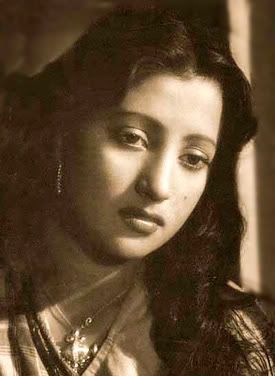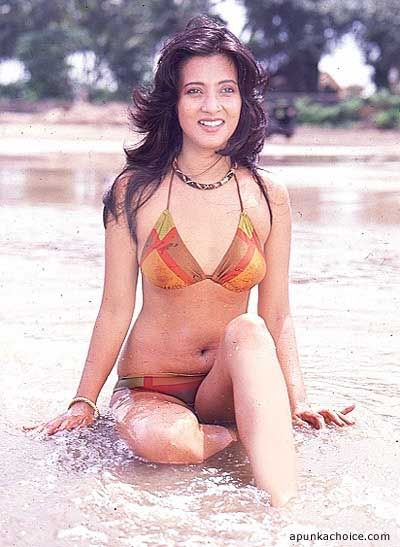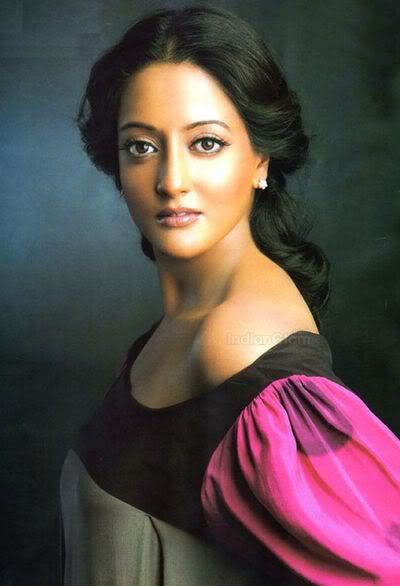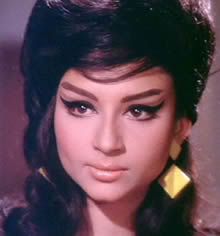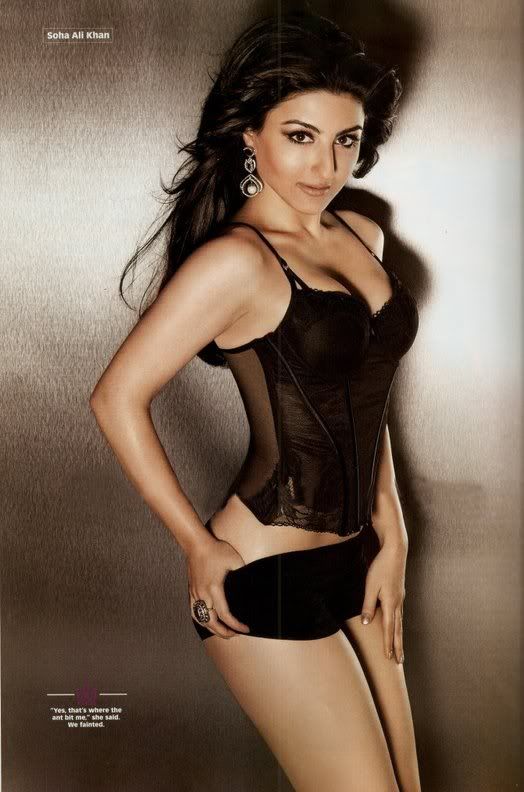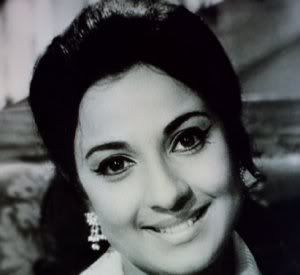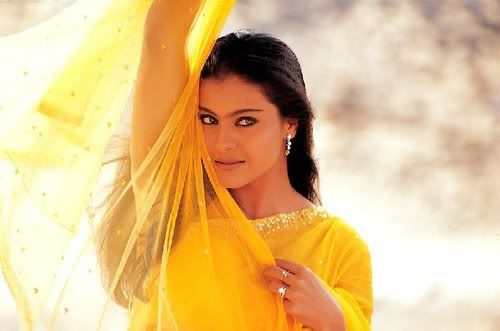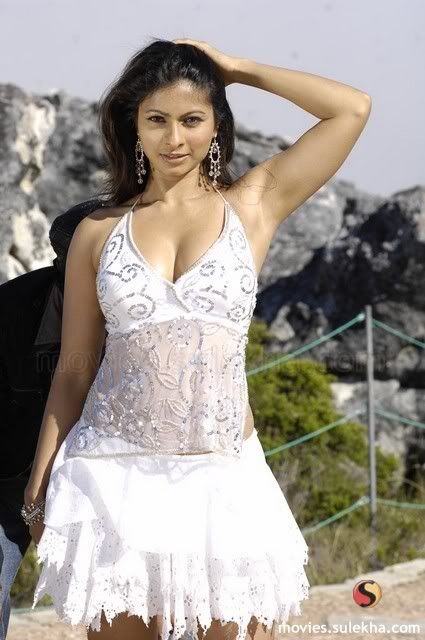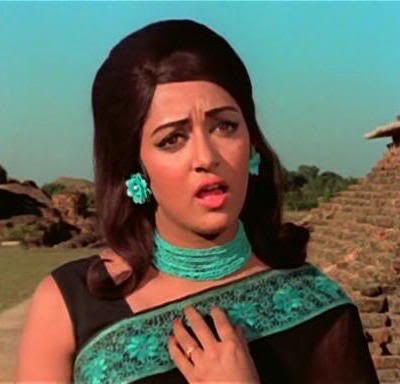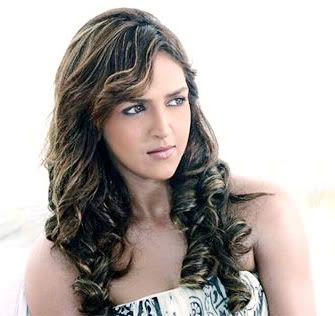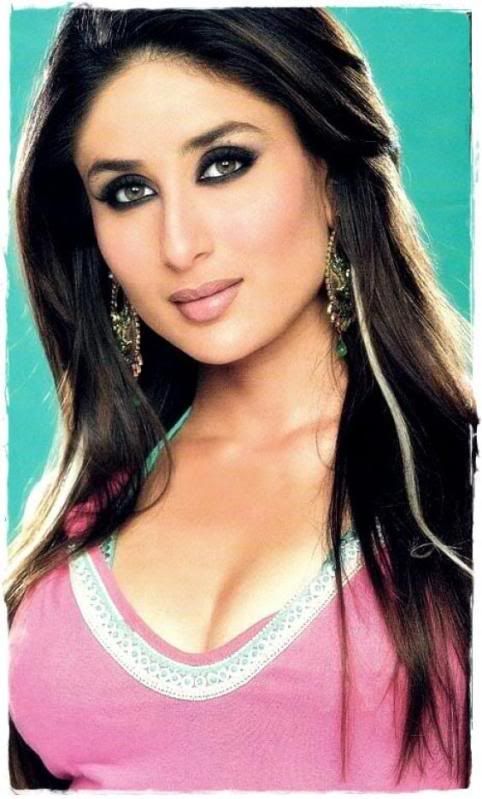
Yesteryear actress Leela Naidu, listed by Vogue as one of the ten most beautiful women in the world, passed away at her residence in Mumbai, at 69. No one has personified enduring elegance better than Naidu, who had been crowned Miss India in 1955. Tall and lithe, with classical features, she was one of the Indian women who, from the Forties to the Sixties, put India on the beauty map. The others were late Rajmata Gayatri Devi and Nayantara Sahgal. All of them shared a certain style; while essentially Indian and nearly always dressed in saris, they all had western sensibilities.
Naidu starred in several films including starred in Hrishikesh Mukherjee's award-winning film 'Anuradha', Merchant Ivory's 'The Householder' and 'The Guru', 'Yeh Raaste Hain Pyar Ke' co-starring Sunil Dutt, Shyam Benegal's 'Trikaal', and Pradip Krishen's 'Electric Moon'. The response was overwhelming. President Pratibha Patil said her work had "delighted Hindi film-goers across the country". Film-maker Shyam Benegal said her death was "a loss to the film industry" and added that the actress had always been "unpretentious and warm".
In Dom Moraes' memoirs, 'Never At Home', there are several passages devoted to Leela Naidu whom he described as "ineffably beautiful". Jerry Pinto, who has written a book on Naidu, said, "She did a lot of work, which not many people know. She produced a documentary film by Kumar Shahani. When she was in Hong Kong, she produced radio programmes, which were even banned after she spoke against the government... She was like a butterfly at a buffet and wanted to try everything." Such respect is a rare commodity, but then, Leela Naidu is a legend.
May her soul rest in peace.
– Jasmeen Dugal

 Last day at office we friends planning for film together at Gopi Krishna, Confused about which film is good to see, suddenly one of friend says lets go for Blue Film, pin drop slinces at computer lab, i ask what Bluer Film! she says yeah lets go for it. We all are shcoked and looking at her, then she think for few seconds and say Oh God! i mean to say one new Hindi film is coimng and thats film called "Blue" so i said go for Blue Film!
Last day at office we friends planning for film together at Gopi Krishna, Confused about which film is good to see, suddenly one of friend says lets go for Blue Film, pin drop slinces at computer lab, i ask what Bluer Film! she says yeah lets go for it. We all are shcoked and looking at her, then she think for few seconds and say Oh God! i mean to say one new Hindi film is coimng and thats film called "Blue" so i said go for Blue Film! 
